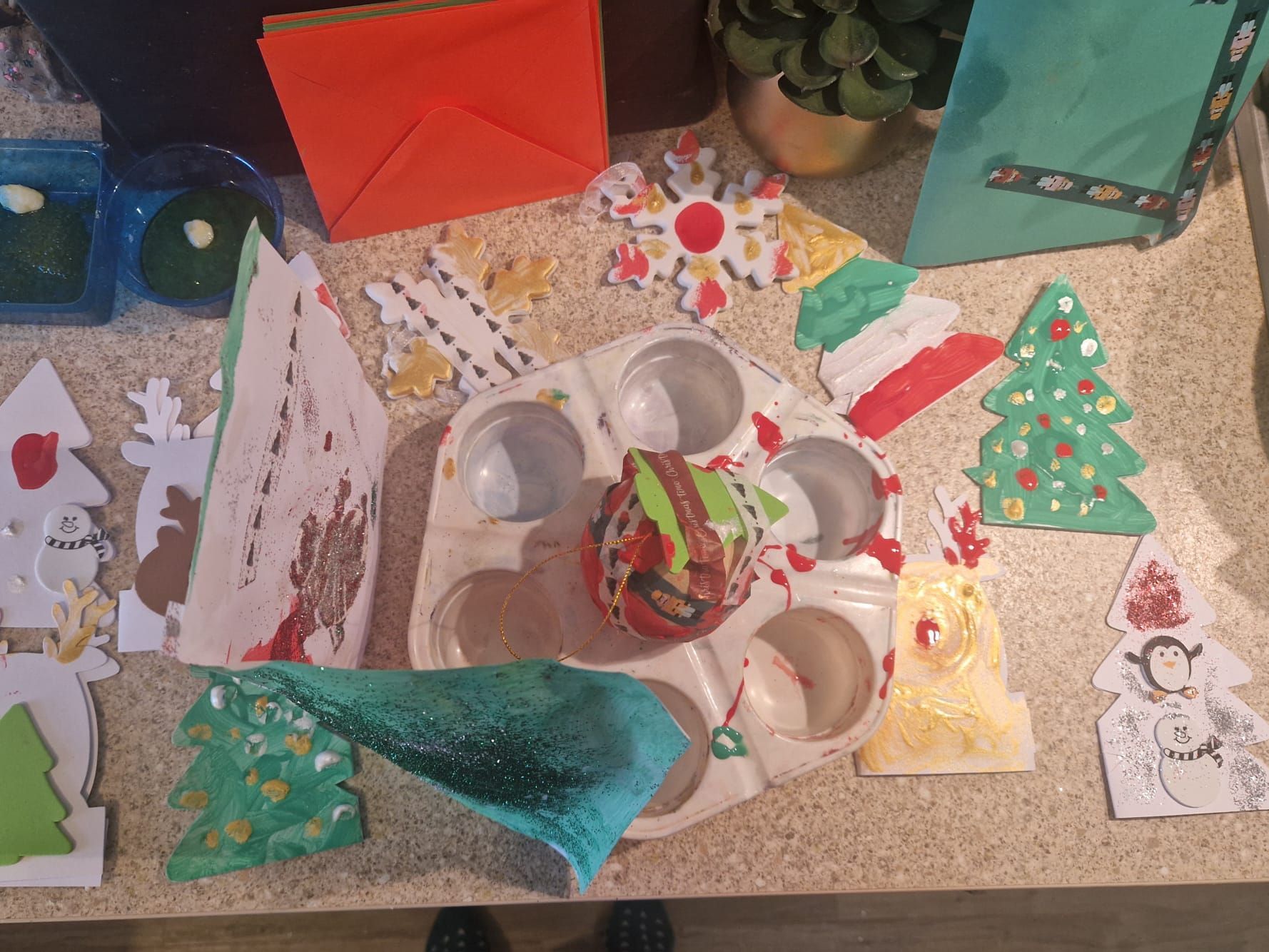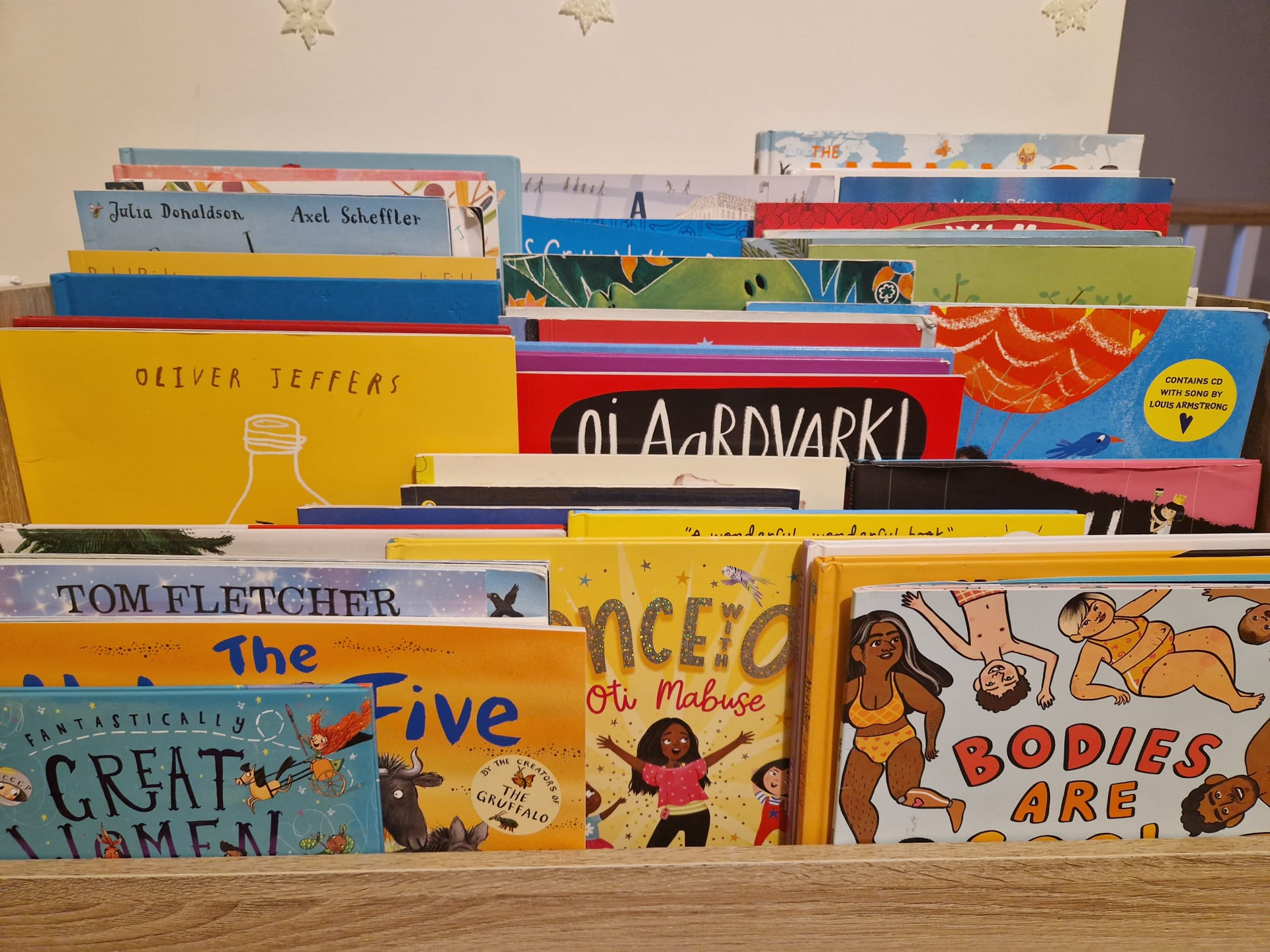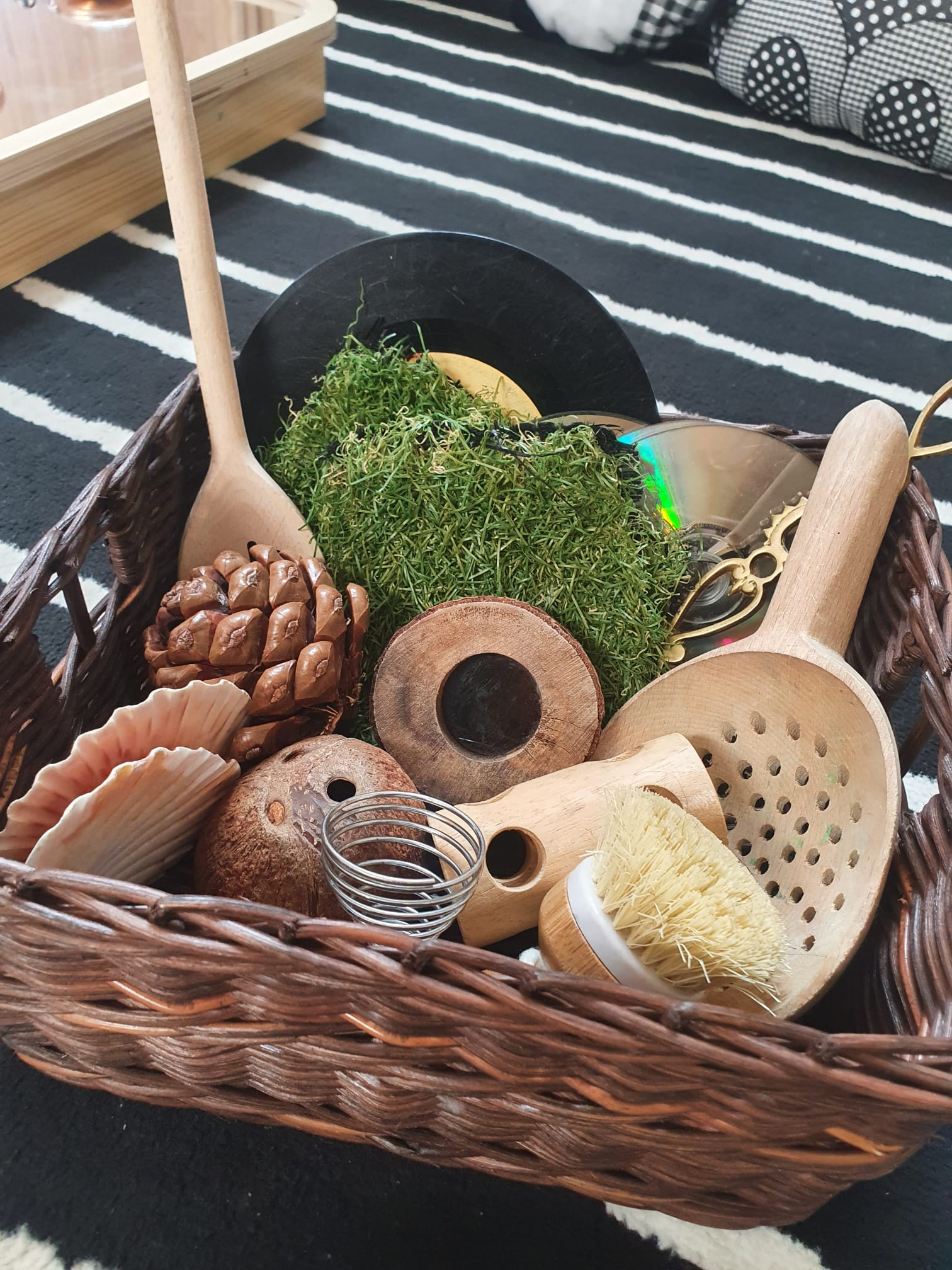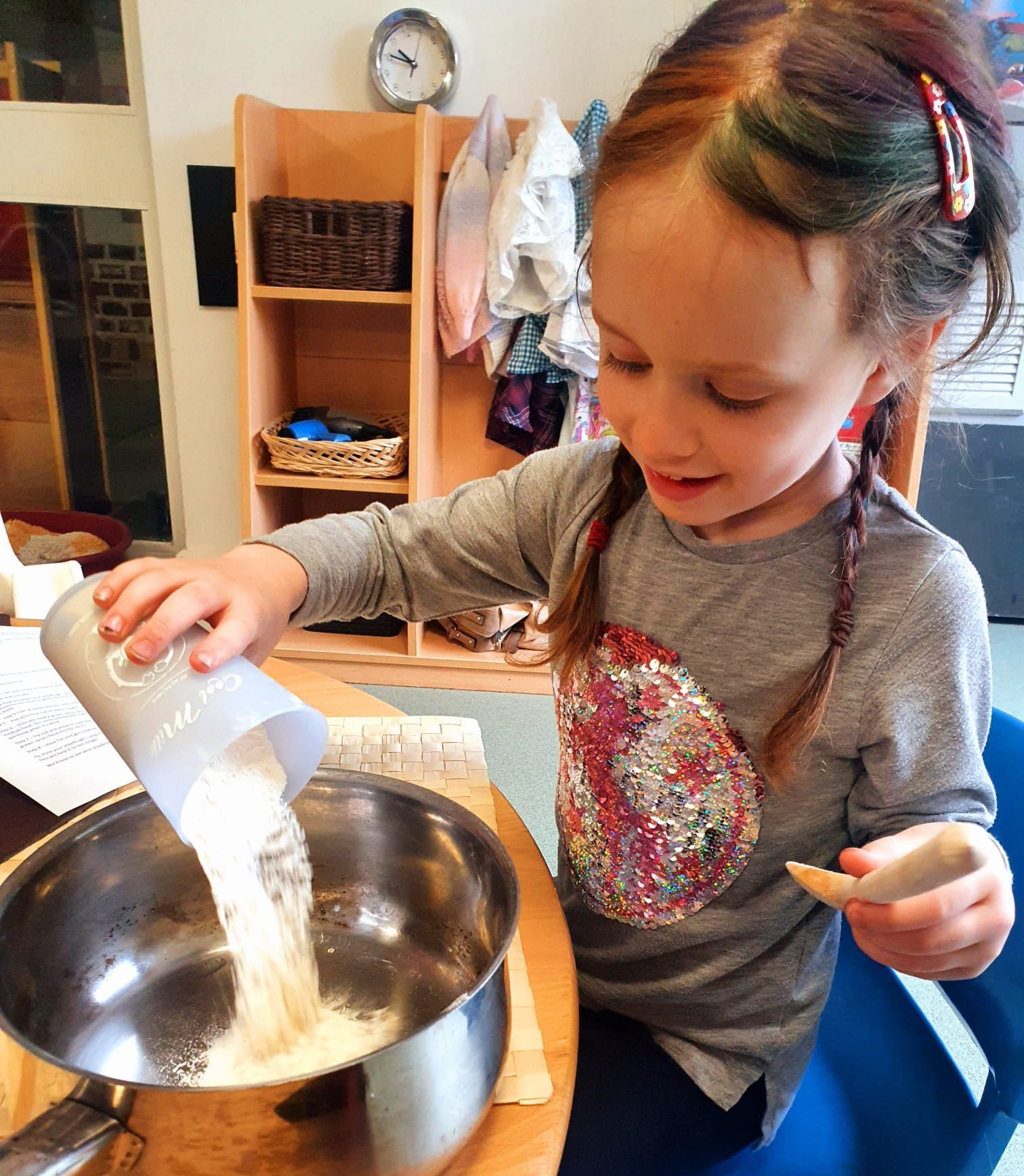Born to Play, Built to Learn
O. Fred Donaldson, Ph.D said that "Children learn as they play. Most importantly, in play children learn how to learn."
This summarises the basis of play based learning and explains the key to why play is so integral to child centred learning within our Early Years settings.
This blog will explore why play based learning is vital and some of the ways it benefits children in their holistic development.
Problem Solving and Critical Thinking
When children play, they are given the opportunity to explore resources, try things out and find out more about the world around them and how things work.
This means that they are developing important skills around problem solving and thinking critically, for example, if children are building towers, they will be learning about balance, thinking about how to make their towers tall and learning to solve problems when their towers collapse.
As educators, we might best support this play by stepping back and allowing children to problem solve independently or with their peers.
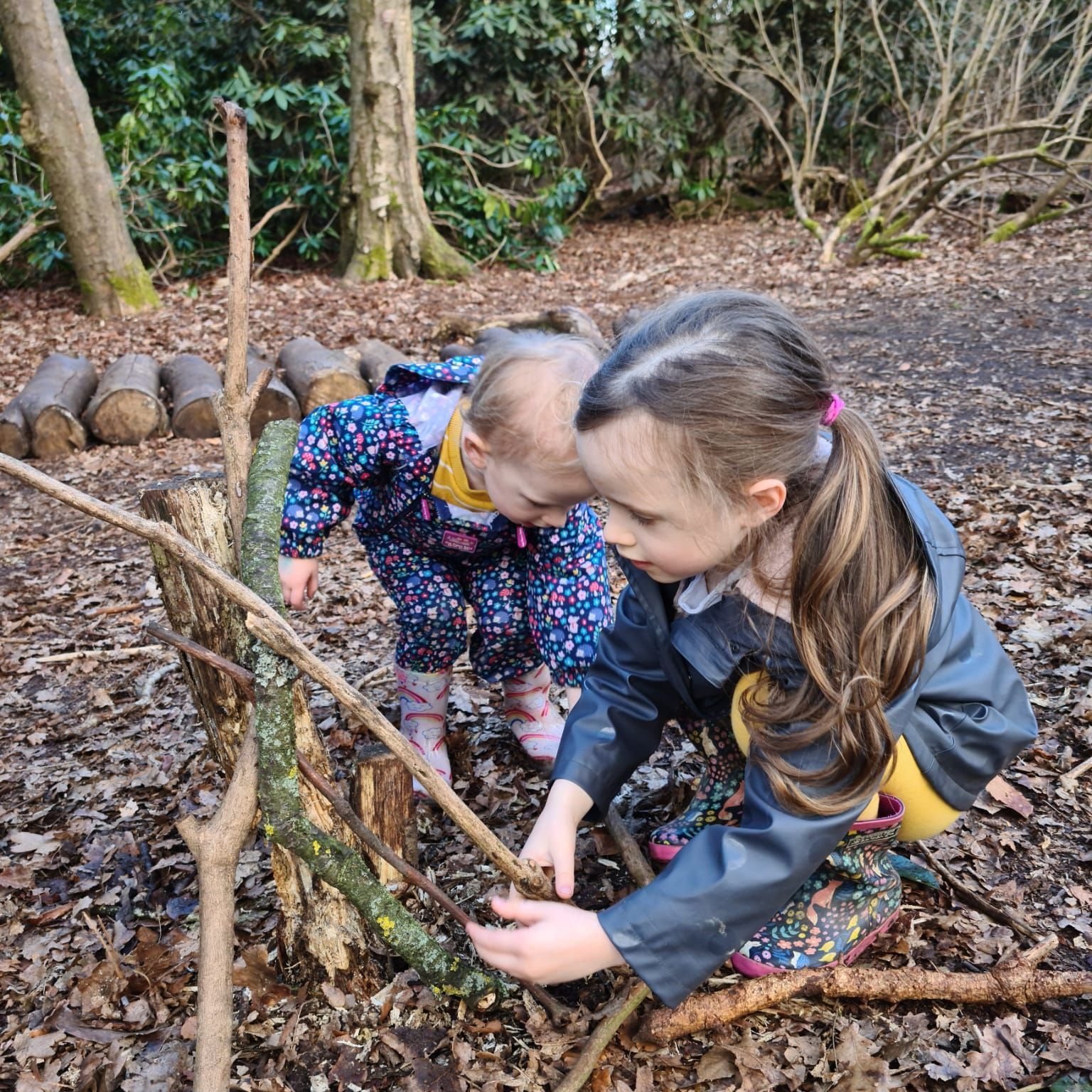
However, for some children it may be more appropriate for us to support them through Sustained Shared Thinking – this involves playing alongside the child or children and supporting their critical thinking. We might ask questions, or use statements, such as:
- What would happen if…?
- How could we…?
- What do you think?
- I wonder if…
Using questions like this, helps children to learn those important critical thinking skills and also feel that sense of accomplishment when they manage to solve their problem. These skills form the basis for so much other learning but also are important life skills in their own right.
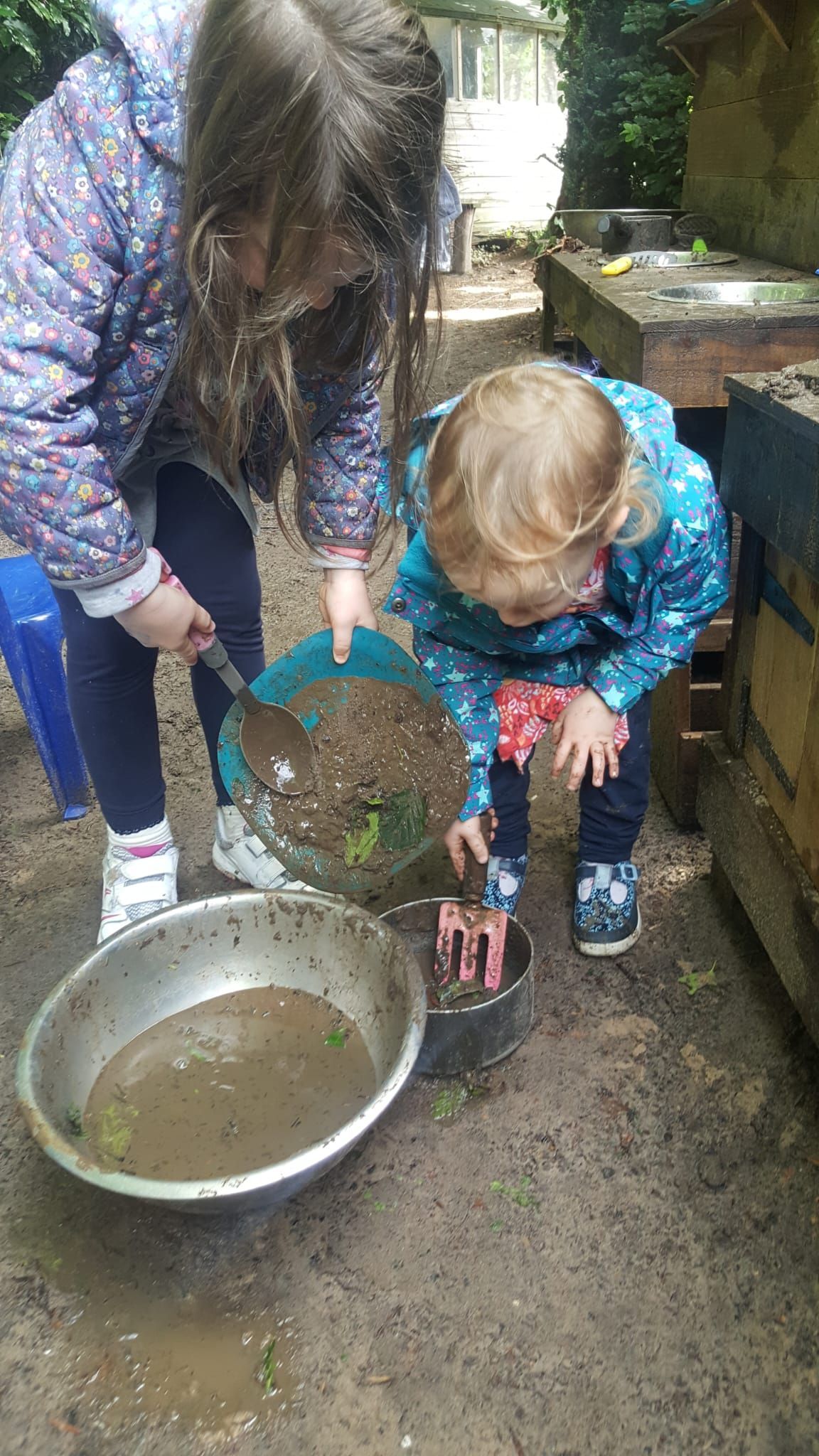
Interactions and Developing Relationships
As children grow, the way they interact with other children in their play develops. From playing mostly independently as babies, to playing alongside other children and then ultimately to playing with their peers – all the way through this journey, they are able to build skills which help them to understand how to build relationships effectively.
There are so many skills which are developed through playing with, or alongside other children. These may be sharing, turn taking, managing disputes and collaborative working.
Although these skills may need a little bit of adult support initially, the more we include children in this, and allow them opportunities to practice this through play, the more confident they become in these skills and the more they are able to build successful relationships.
For example, if a child comes with a problem such as “Jack won’t let me have that toy”, rather than going straight in and solving it ourselves, we can talk to the children about what to do, how can we solve the problem and help them to see this through. The next time they have the same problem they may need a little less support and then ultimately will be equipped to deal with these sorts of things independently.
While play based learning is child centred, this does not mean removing the adult from the equation and a co-regulation and scaffolding of learning are so valuable in supporting children learning and development in a play-based curriculum.
Developing these relationships through play, also helps to build children’s communication skills - whether this be copying words or signs that their peers are using, learning about body language or using communication skills to listen and solve problems.
These early relationships that are built through play are key to learning those important life skills around relationships and communication.
Creativity and Imagination
Providing opportunities for children to be creative is essential within Early Years and it is important to remember that creativity doesn’t just mean providing opportunities for arts and crafts.
Mary Lou Cook says that “Creativity is inventing, experimenting, growing, taking risks, breaking rules, making mistakes and having fun.”
This summary of creativity highlights the importance of providing opportunities throughout all areas for children to develop and explore their creativity, and the best way to do this is through open-ended play.
Through play, children are given the freedom and space to explore, learn how things work, test theories and develop critical thinking skills. For example, children might work together with some boxes in the construction area to create a spaceship, they will have to think about what it needs to look like, how they can attach the boxes together, what to do if it falls down etc…
All of these sorts of opportunities develop key, lifelong skills of problem solving and adaptability which children will carry with them throughout their lives.
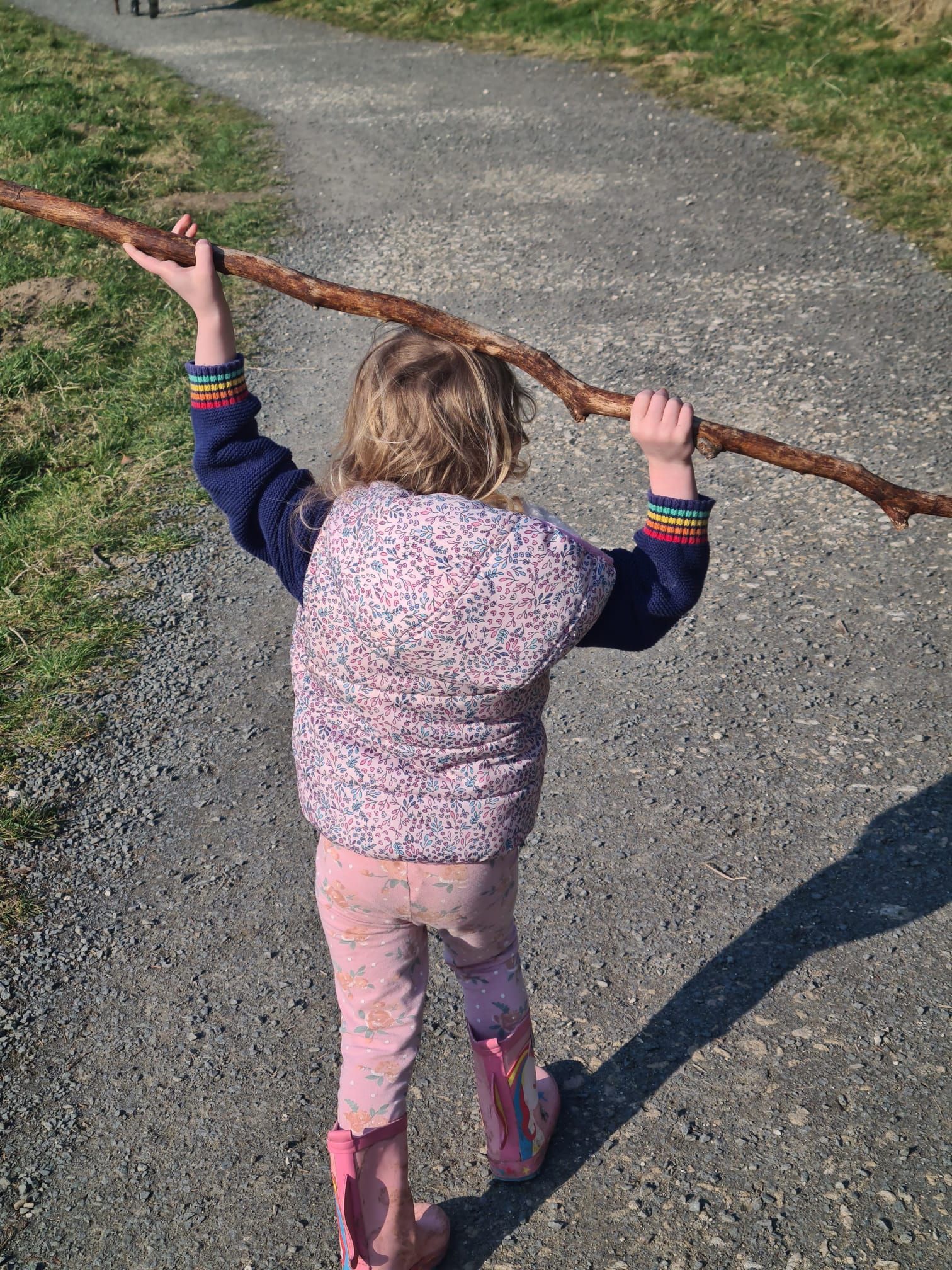
Enjoyment!
I’ve left this until last, but I believe it is the most important. We want children to love learning, to want to find out more and to be engaged - it’s how every single one of us learns best.
Play is fun! So, if we can provide a range of purposeful play opportunities, engaging environments which allow for play and adults to understand the importance of play in learning - we are creating the perfect environment for learning to happen and for children to flourish.
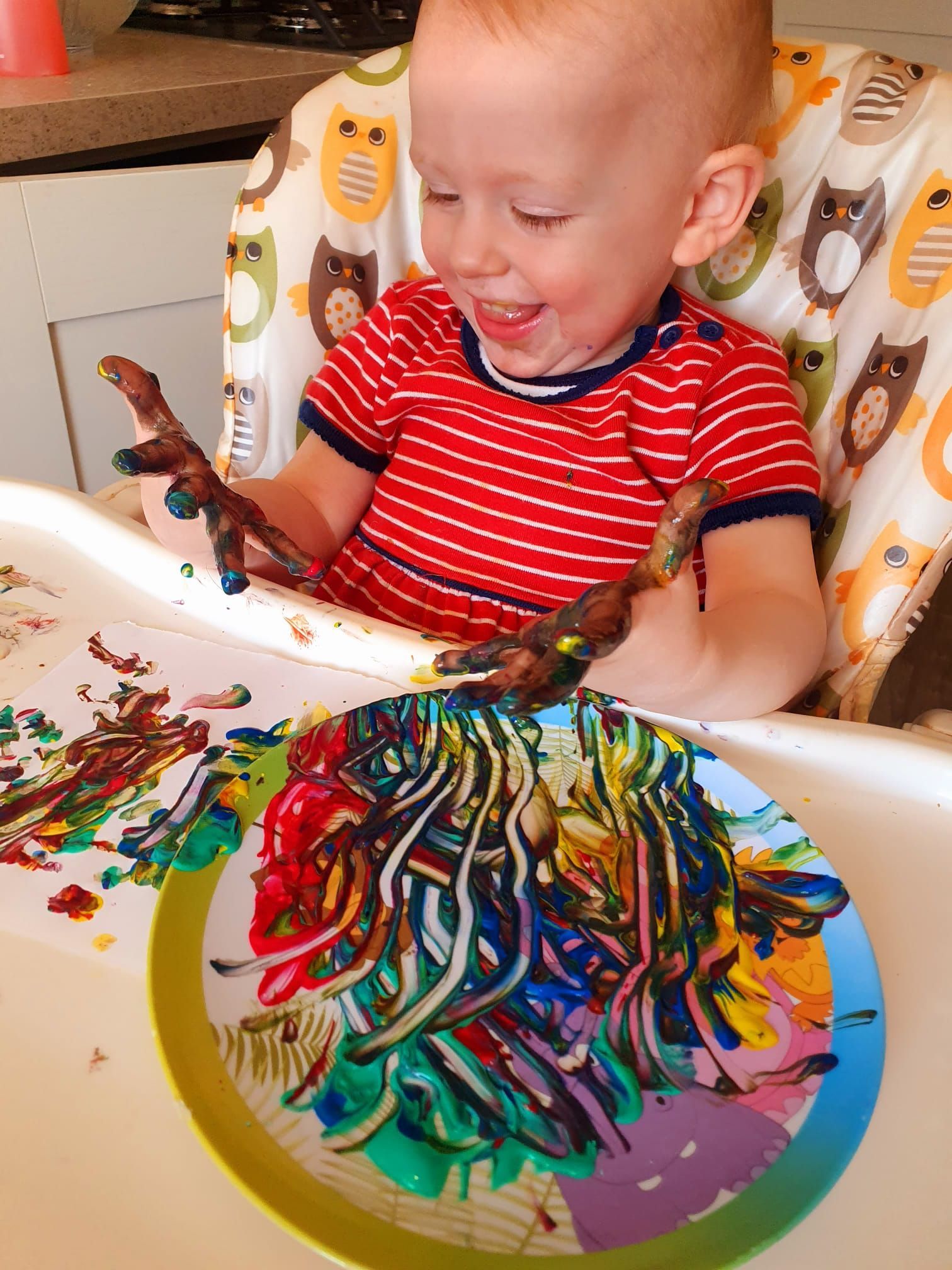
Play = Learning
This is ultimately what it comes down to - when children are playing, they are learning. It is up to us, as educators, to support that play to ensure it is purposeful and provides the learning opportunities which are relevant to the children we are working with.
I couldn’t cover all the benefits of play-based learning in this one blog, to really get stuck into it, it needs a whole book!
So, this is your permission to ‘just’ play - get stuck in with children’s play, make it purposeful, add resources, develop your environments and, ultimately, learn alongside children - they have plenty to teach us as well after all!
